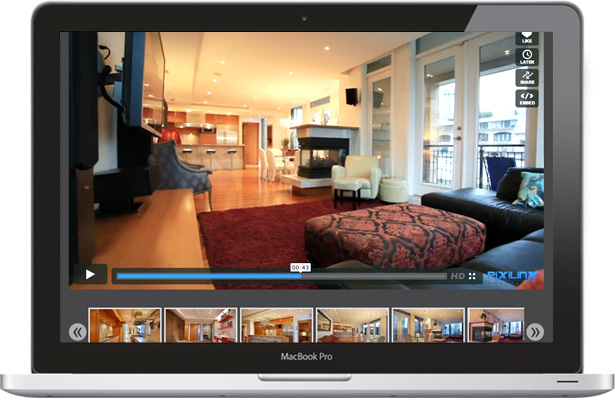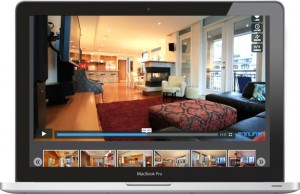
Q: What should I watch out for when making an offer on a tenant occupied property?
A: I assume that you intend to take title to the house with the tenant still in possession of the premises, in which case you would become the tenant’s landlord. If this is the case then, in addition to all of the normal inspections that a buyer makes to determine the condition of the property, you must also determine the condition of the tenancy. First of all you should have made your offer using a standard form residential income property purchase agreement or a regular residential purchase agreement with a “Tenant in Possession” addendum (most agents will have access to these documents through the California Association of Realtors). Both documents require the seller, among other things, to provide the buyer with copies of all current leases, rental agreements, service contracts and other agreements regarding operation of the property. You should also receive an estoppel certifi cate signed by the tenant confirming the terms of the tenancy and affi rming that no defaults or claims are outstanding against the Seller. Further, provisions must be made for transfer of any existing, unused security deposit from seller to buyer because the buyer, as owner, will be responsible to the tenant for return of the security deposit to the tenant at the end of the tenancy, minus any allowable deductions. There should also be some sort of prohibition on the seller making changes to the terms of the tenancy prior to close of escrow.
Q: We are looking to purchase a home in the $500,000 range and are very qualified; however, we have only saved approximately $25,000 for a down payment. What are our loan options?
A: Assuming that you have good credit and acceptable debt to income ratios, there are several options available to you. The first option would be to utilize FHA financing, which only requires a 3.5% down payment. The second option would be to get a 5% gift from a family member and combine it with your 5% savings and utilize a 90% conventional loan. A third option would be to borrow 5% from an eligible 401K plan and combine the monies with your savings for a 10% down payment and 90% conventional loan. Lastly, if either you or your spouse is a qualified veteran, your required down payment would only be $10,000 on a $500,000 purchase price.
Q: I have made numerous offers and been beaten out each time by other buyers. Do you have any tips for getting my offer accepted in a multiple offer situation?
A: The real estate market in Napa County is very active right now with a low inventory of homes and a lot of interested buyers who are feeling better about the economy and their jobs. The upshot is multiple offers and homes selling at or above their asking price in many cases. The tactics that you should employ to position yourself for success in this type of market depend mostly on the specifics of the particular property that you want to offer on and they should be something that you develop in close consultation with your agent. For example, your agent will probably suggest different tactics for an offer to a traditional, non-distressed seller than he or she would if you were offering on a short sale or a bank owned repossession.
There are some general suggestions that I can make without knowing your situation. First is understanding the market for the home you are targeting so that you can offer a realistic price. Ask your real estate agent to provide you with MLS data that shows the most recent trend in price appreciation as opposed to relying solely on comparable sales. The market is moving fast and comparable sales are in many cases not indicative of current values. Second you should anticipate that at least some of the offers that you will be competing with will be “all-cash” with no loan contingency. Aside from offering a good price, the best way to compete with all-cash offers is to go through the underwriting process to be approved for a loan subject only to review of title and appraisal. Pre approval on your loan takes time and there are some roadblocks depending on the type of loan you seek, but doing so will make you look like a serious buyer and enable you to offer a shorter close of escrow period to the seller.
Q: I negotiated a 3% closing cost credit from the seller and want to know what closing costs can be covered by the credit?
A: A closing cost can be used for all recurring (interest, taxes and insurance) and nonrecurring (i.e: appraisal, title and escrow) closing costs associated with the purchase of your property. If the actual closing costs are less than the seller credit, the subject credit will be reduced to the amount of the true closing cost.








